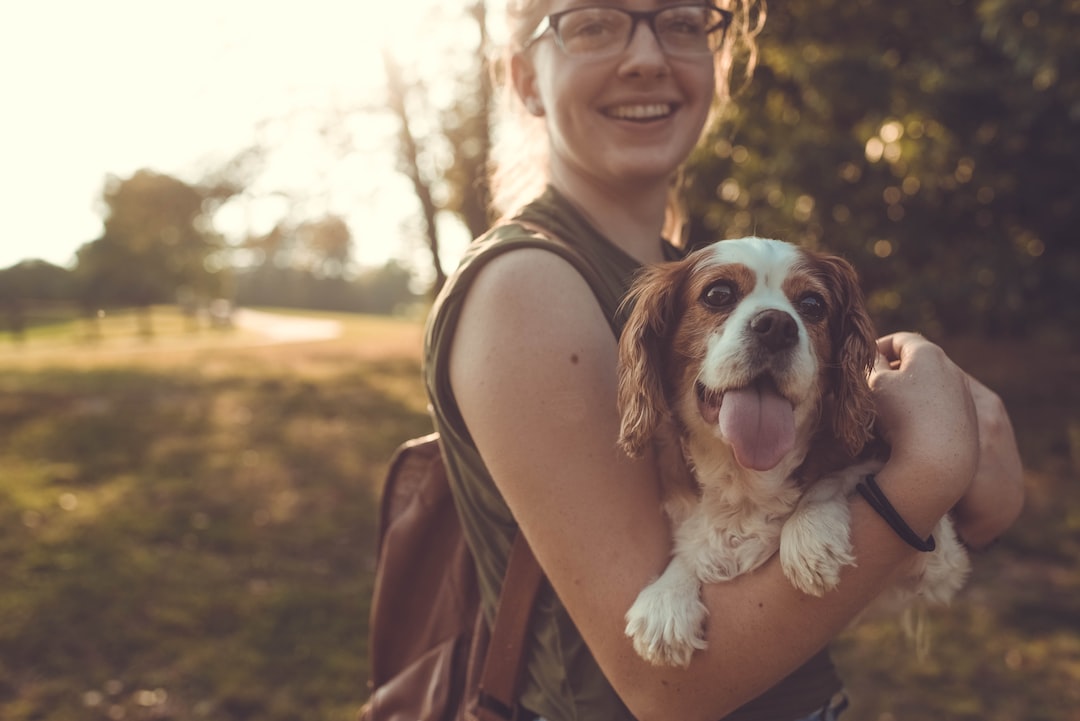Separation anxiety is a common issue that many pets experience when their owners are away from home. Dogs, cats, and other pets can become very anxious and stressed when they are separated from their owners, which can lead to destructive behaviors and other health problems. If you have a pet that is struggling with separation anxiety, there are several things you can do to help them cope.
Identify the Signs of Separation Anxiety
The first step to helping your pet cope with separation anxiety is to understand the signs of the condition. Dogs and cats that are anxious when their owners are away may exhibit several behaviors, including:
– Barking, howling, or meowing excessively
– Whining or crying
– Chewing on items or furniture
– Scratching at doors or windows
– Trying to escape from the house or crate
– Loss of appetite
It’s important to recognize that these behaviors can also be caused by other issues, such as boredom or lack of exercise. However, if your pet is exhibiting these behaviors only when you’re away from home, separation anxiety may be the underlying cause.
Create a Calm Environment
One of the best ways to help your pet cope with separation anxiety is to create a calm and predictable environment at home. Establish a routine that your pet can count on every day, including regular feeding times, playtimes, and walks. Make sure your pet has a comfortable and safe space, such as a crate or bed, that they can retreat to when they feel anxious.
Provide Plenty of Exercise and Mental Stimulation
Exercise and mental stimulation are essential for preventing boredom and helping pets stay mentally and physically healthy. Make sure your pet gets plenty of opportunities to exercise and burn off energy, such as walks, runs, or playing fetch. Offer puzzle toys or treat-dispensing toys that will keep your pet’s mind engaged and help prevent destructive behaviors.
Desensitize Your Pet to Departures
Desensitization is a process in which your pet gradually becomes used to being separated from you. Start by practicing leaving for short periods of time, such as a few minutes, and gradually increase the time apart. Offer treats or a favorite toy before leaving to help your pet stay calm and relaxed.
If you’re unable to gradually desensitize your pet, consider working with a professional dog trainer or animal behaviorist. They can help develop a training plan tailored to your pet’s specific needs and help you address any underlying issues that may be contributing to separation anxiety.
Use Positive Reinforcement
Positive reinforcement is a training method that rewards desirable behaviors with treats or praise. Use positive reinforcement to help your pet develop good habits and reinforce calm behavior when you’re away from home. Offer treats or praise when your pet is quiet or relaxed in their crate or bed, and ignore any undesirable behaviors like whining or scratching.
Consider Medication
In some cases, medication may be necessary to help a pet cope with separation anxiety. Talk to your veterinarian to determine if medication is appropriate for your pet. Medications such as antidepressants or anti-anxiety medications can help reduce anxiety and prevent destructive behaviors, but should only be used under the guidance of a veterinarian.
Conclusion
Separation anxiety can be a challenging issue to deal with, but with patience and persistence, you can help your pet cope. Creating a calm environment, providing plenty of exercise and mental stimulation, desensitizing your pet to departures, using positive reinforcement, and considering medication are all effective ways to help your pet feel more at ease when you’re away from home. Remember to be patient and consistent, and don’t hesitate to seek the help of a professional if needed. With time and effort, you can help your pet overcome separation anxiety and enjoy a happy and stress-free life.

